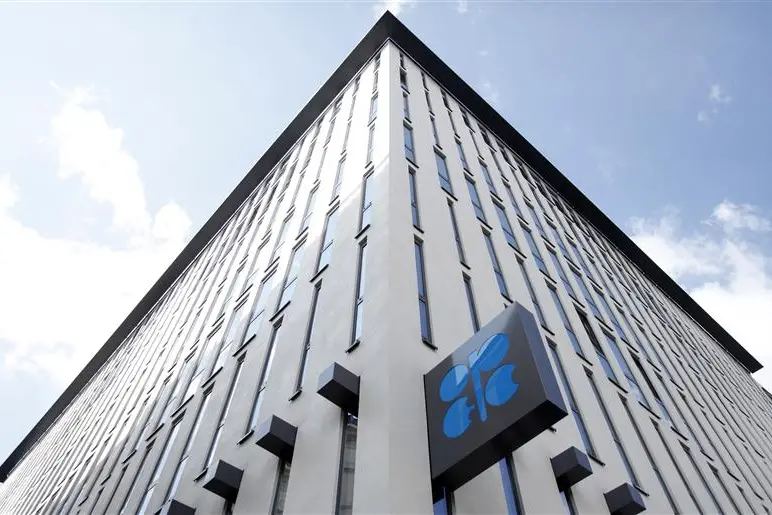PHOTO
Wednesday, Mar 22, 2017
Abu Dhabi: The Organisation of the Petroleum Countries (Opec) should formulate a new strategy to tackle challenges in oil markets, experts said at a conference in Abu Dhabi.
Oil prices slipped to almost four month lows on Wednesday after data showed US crude inventories rising faster than expected.
“It is very important for Opec to shape a new strategy as oil prices trade low and the production from the US increases. They should also iron out differences to play an effective role in the global oil markets,” said Dr Mohammad Abdul Rahman Al Asoomi, a UAE-based economic affairs expert while speaking in Abu Dhabi on Opec’s current realities and future role in the global oil markets.
He did not elaborate on the new strategy but said that Opec members must sort out their differences in balancing oil markets and exert more effort to bring in new countries under its fold.
At present there are thirteen countries in the group — Saudi Arabia, Iran, Iraq, UAE, Qatar, Kuwait, Libya, Nigeria, Ecuador, Venezuela, Gabon, Algeria and Angola. Indonesia suspended its membership last year at the Opec meeting in Vienna.
The thirteen members group came together to chalk out a deal to reduce production by 1.2 million barrels per day starting from January this year despite severe differences among member countries on how much each country should cut output to stabilise oil prices.
Iran insisted on increasing its production to reach pre-sanction levels of four million barrels per day whereas Iraq wanted to ramp up its output to earn more income to fight Daesh (self-proclaimed Islamic State of Iraq and the Levant) militants in the north of the country. The deal came into effect on January 1, with output exemptions to Iran, Nigeria and Libya.
Non-Opec countries, including Russia, also agreed to cut production by about 600,000 barrels per day.
Oil prices went up by more than 10 per cent following the deal but fell in the last two weeks due to the increase in oil production in the US. Brent, the global benchmark is currently trading at around $51 (Dh18.36) per barrel.
Opec will meet in May to decide whether to extend the deal beyond six months.
“Future challenges for Opec will rely on a number of factors including shale oil, which will be produced not only in the US but also in China, Canada and in Europe. More shale oil means Opec’s role will be deteriorating further,” said Asoomi.
“The rise in oil production from Russia and Kazakhstan will also pose a challenge for Opec in future.”
Speaking at the same event, Dr Bassam Fattouh, director of the Oxford Institute for Energy Studies, said Opec countries should strengthen economic links with Asia, which remains a major source of future demand growth.
He also underlined the importance of agreements with non-Opec members, especially Russia, to balance oil markets as well as the rethinking of strategic relations with the US as oil relations become less important.
“There is a need to adjust GCC economies to lower price cycles but it would be interesting to see whether they would be successful in implementing some painful reforms and re-engineer the social contract.”
By Fareed Rahman Senior Reporter
Gulf News 2017. All rights reserved.





















